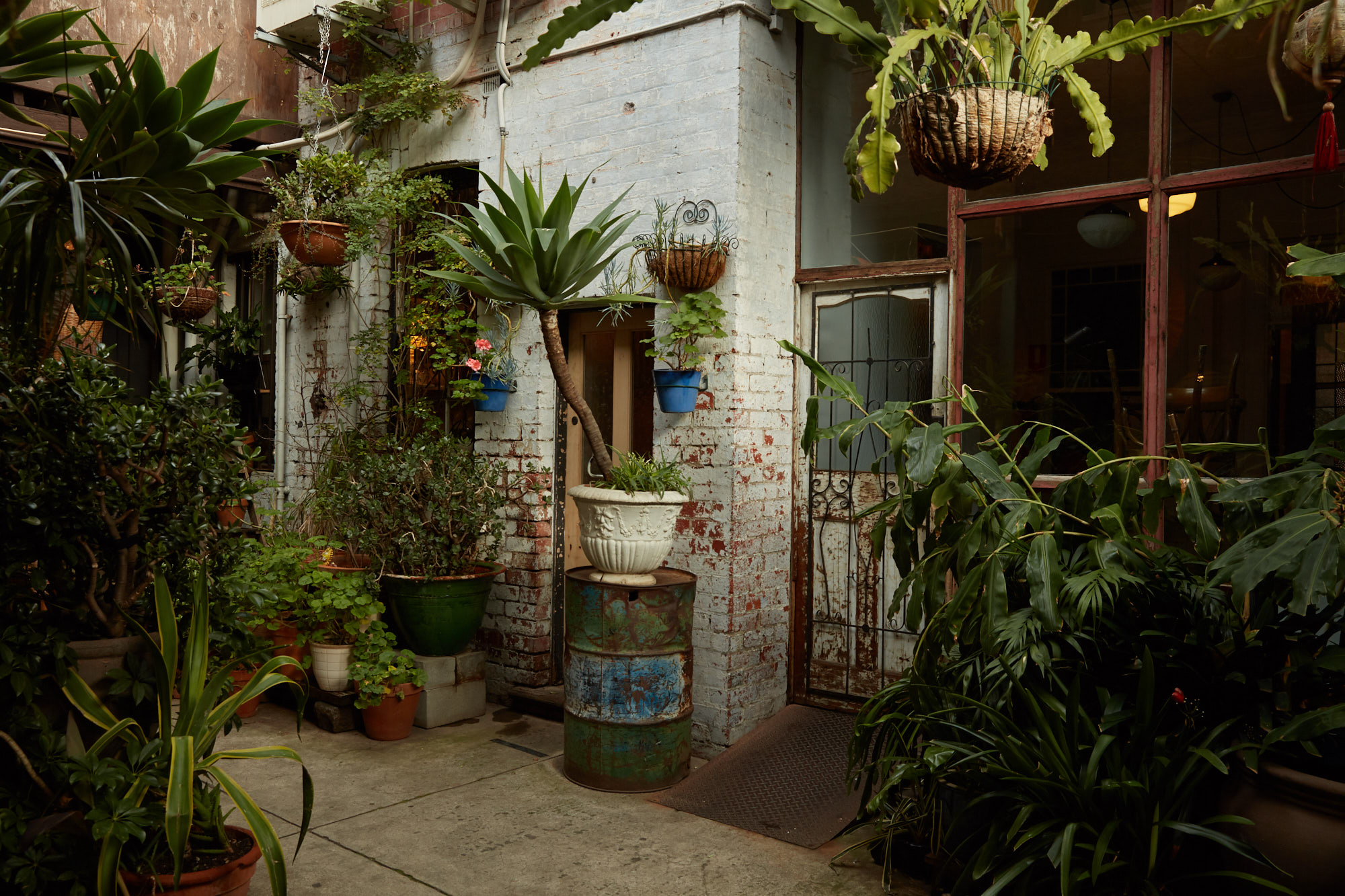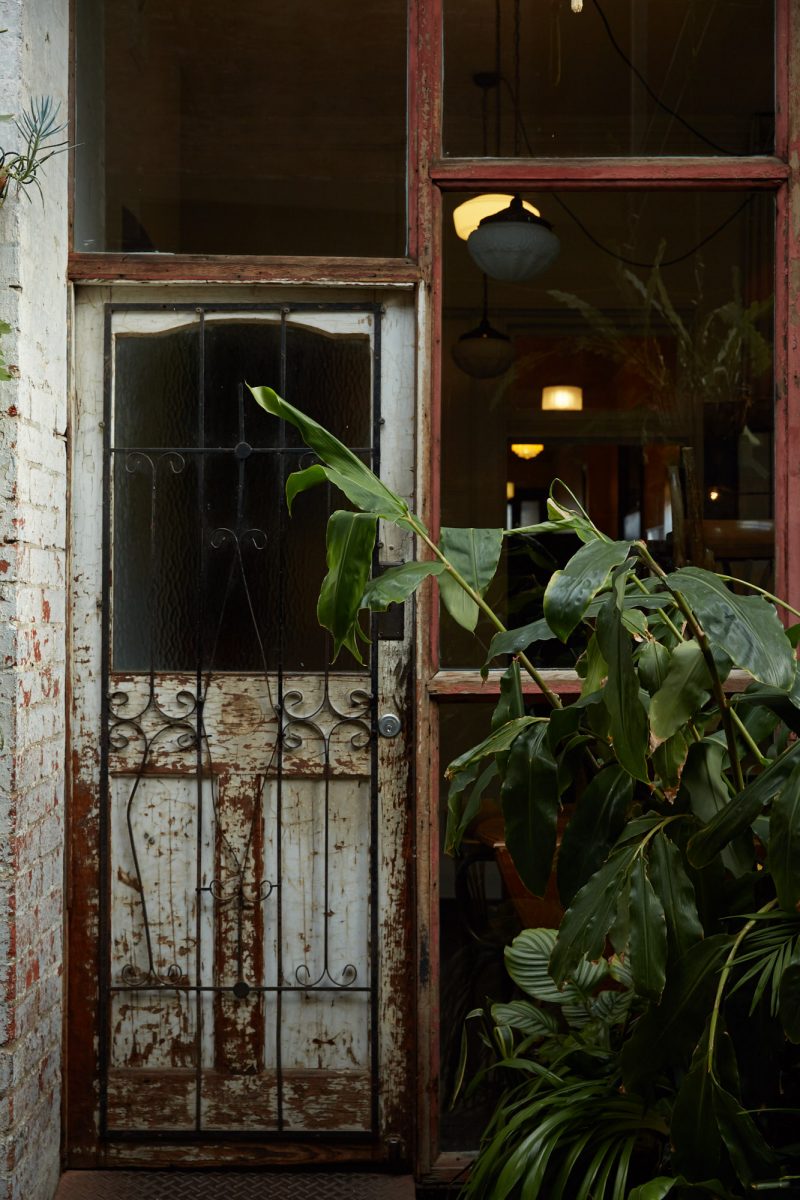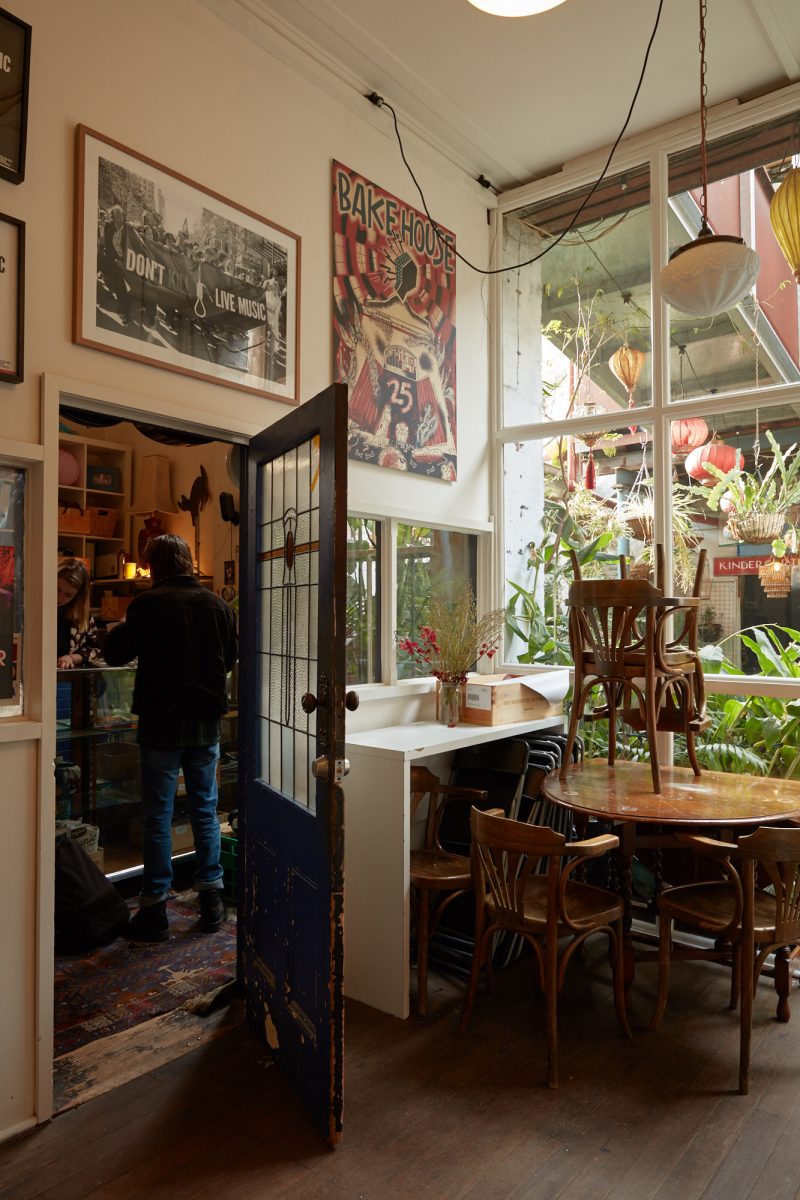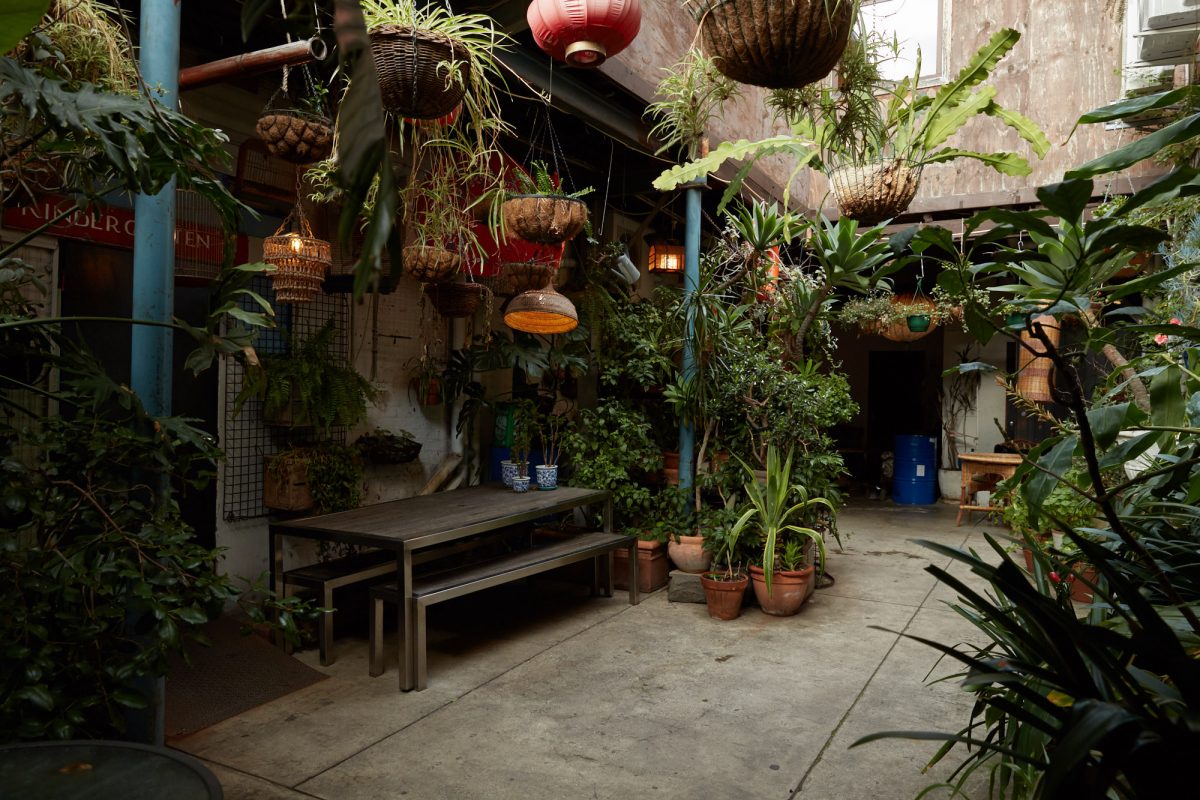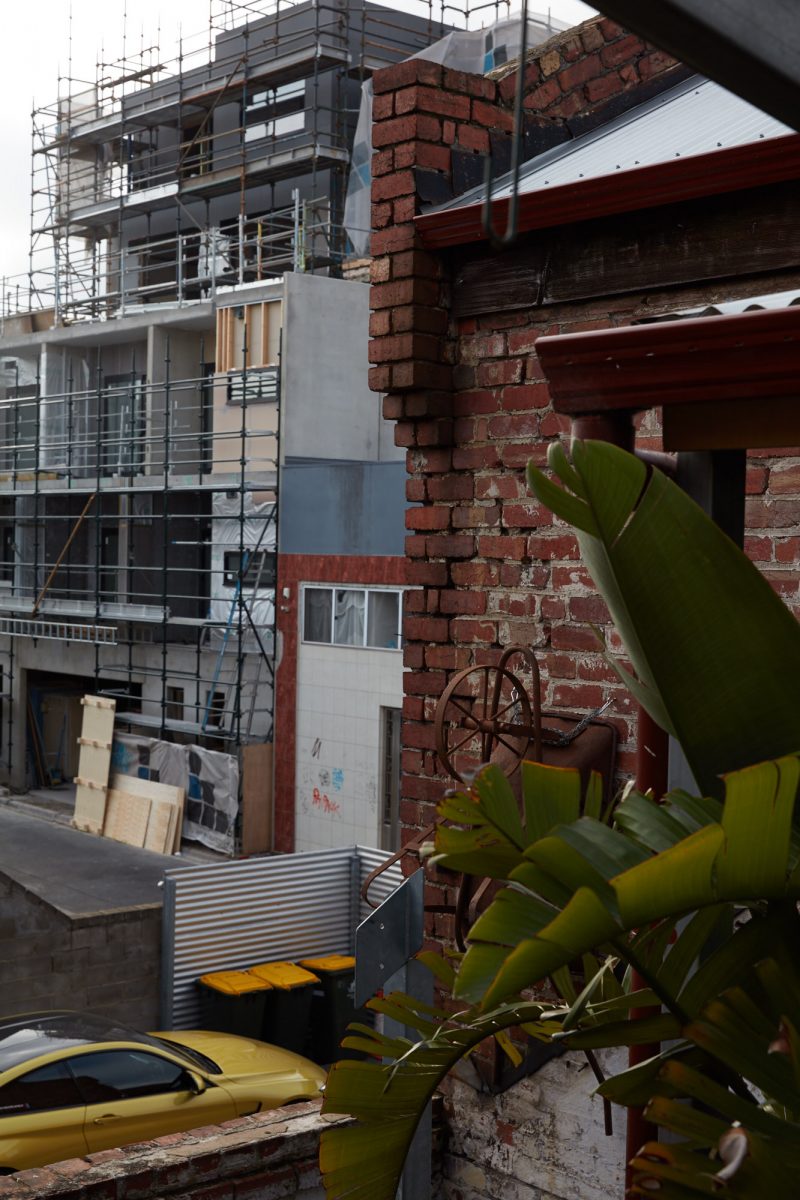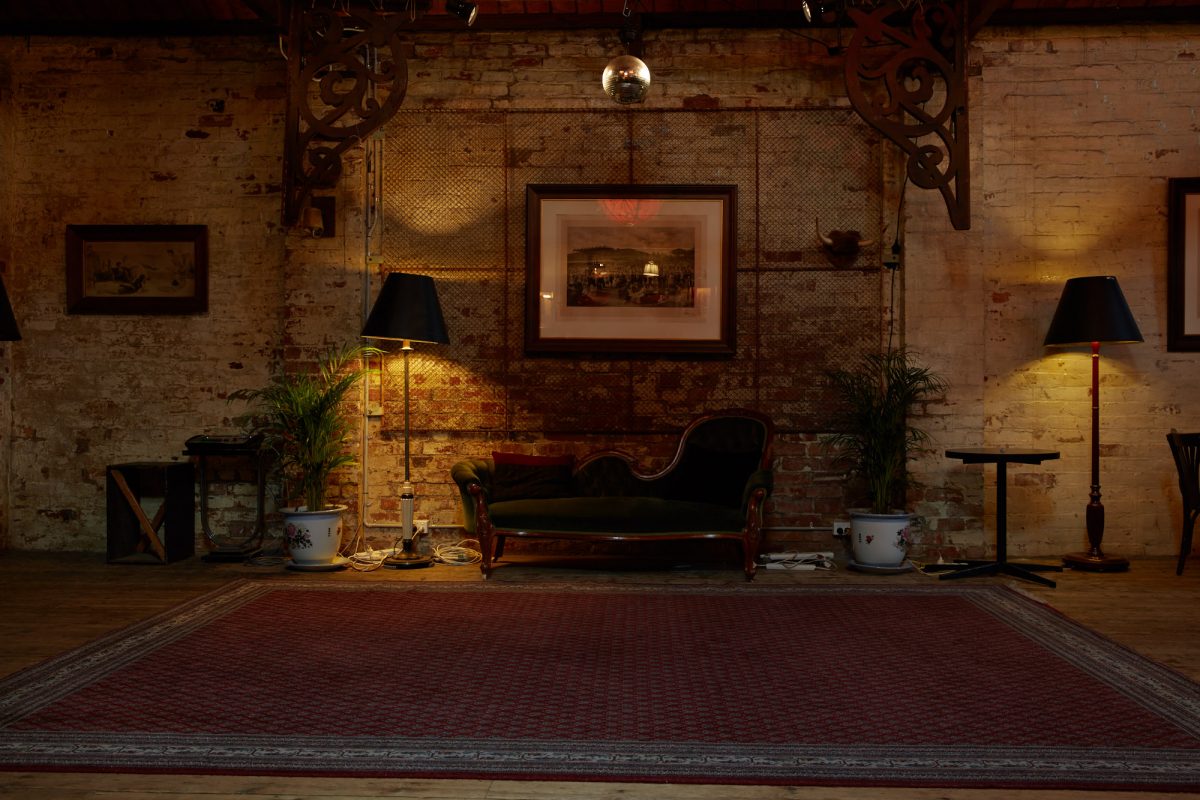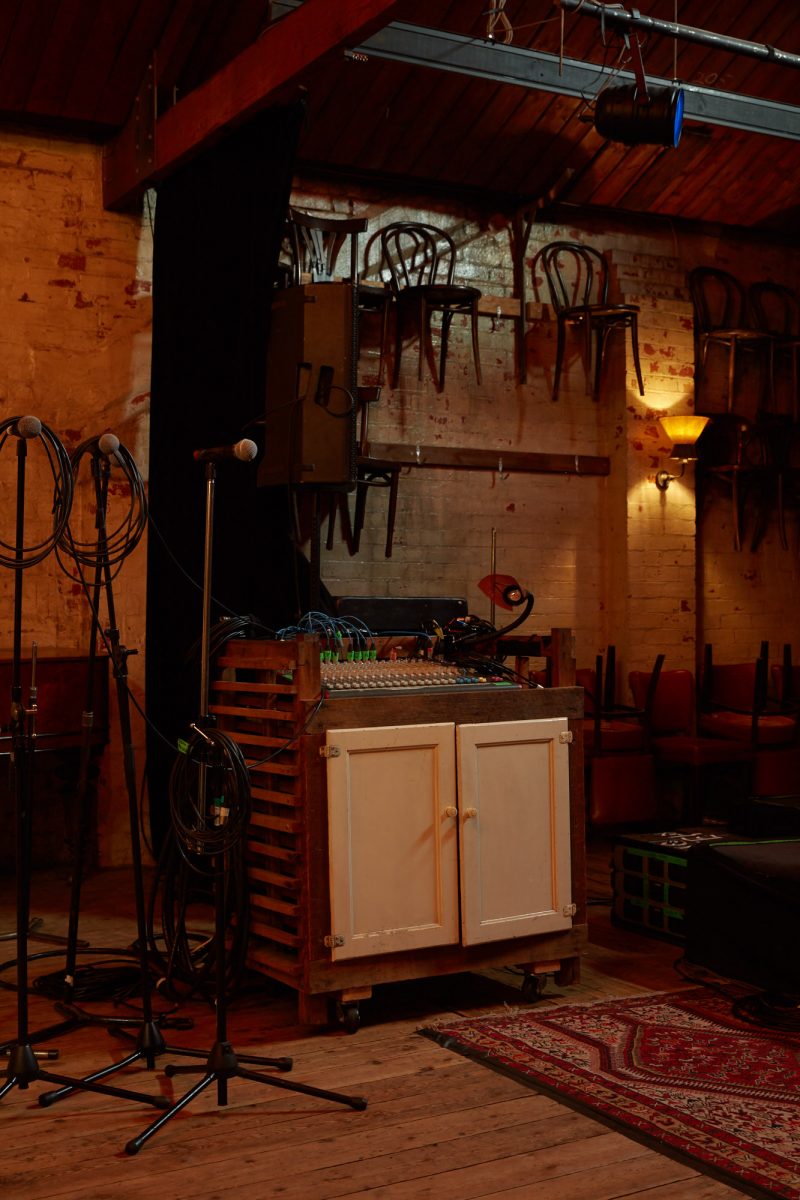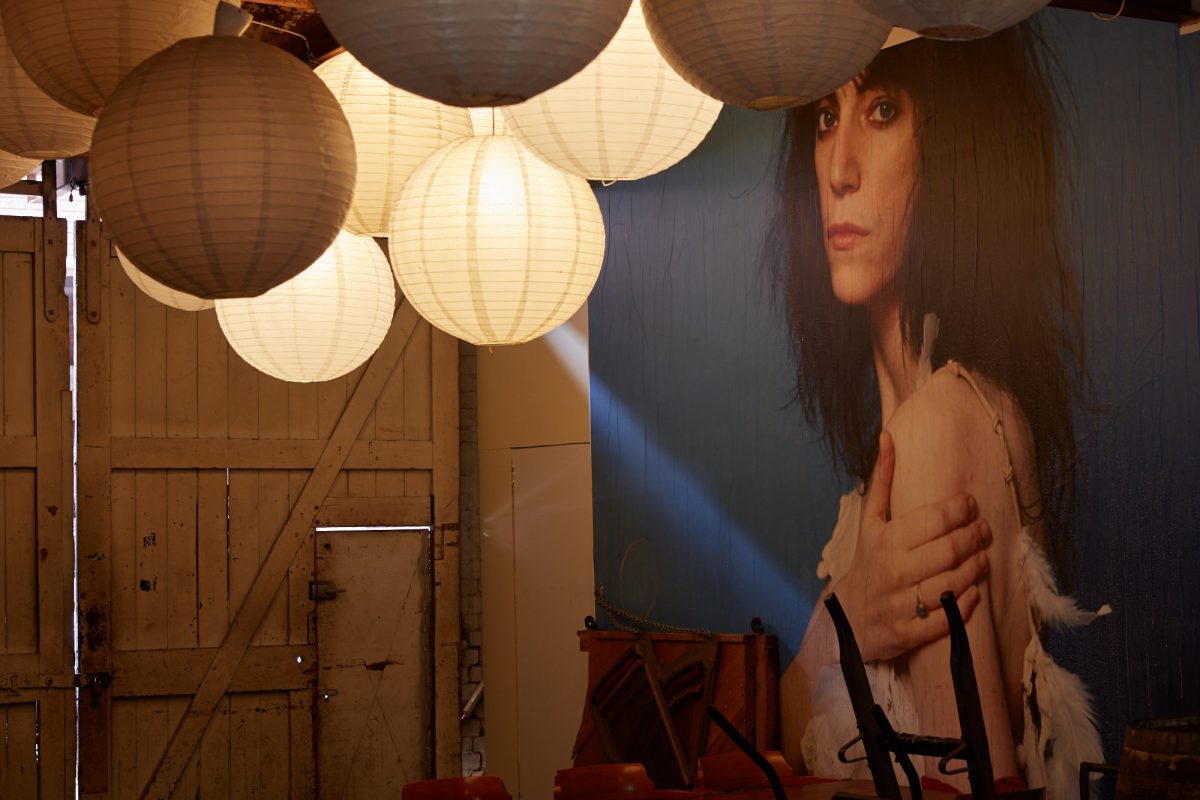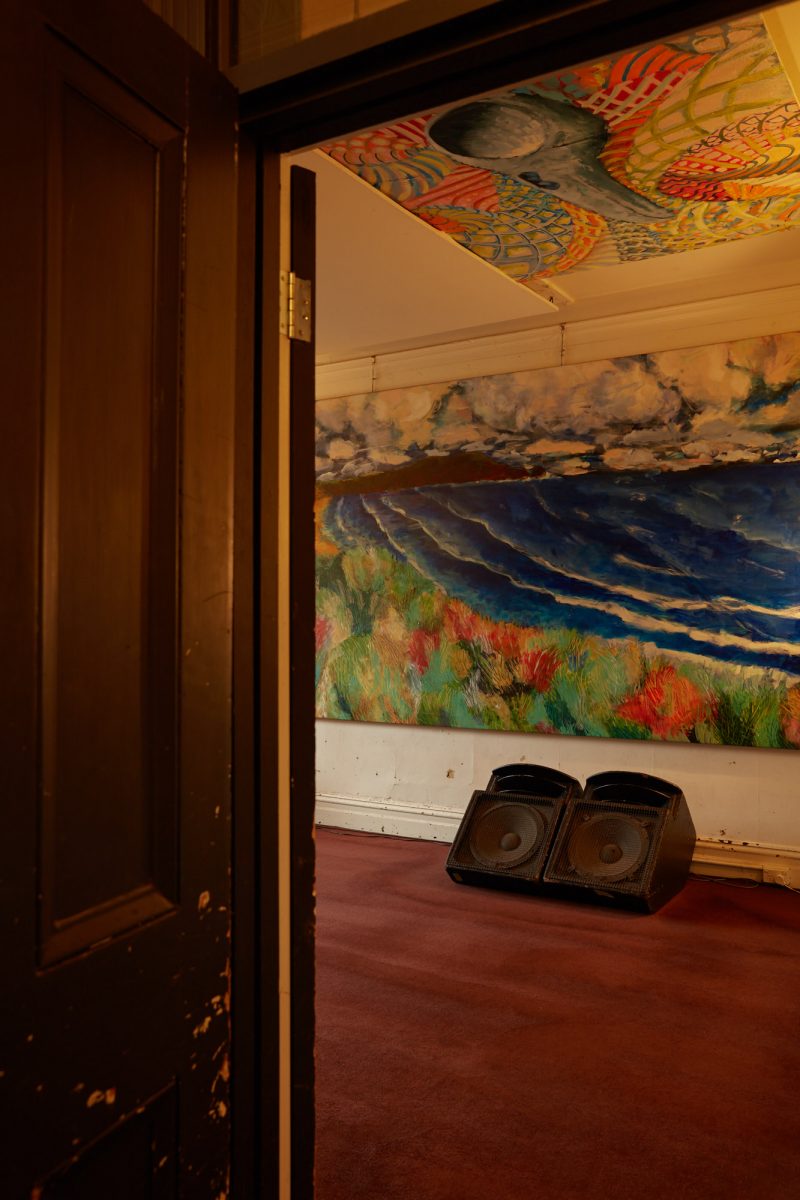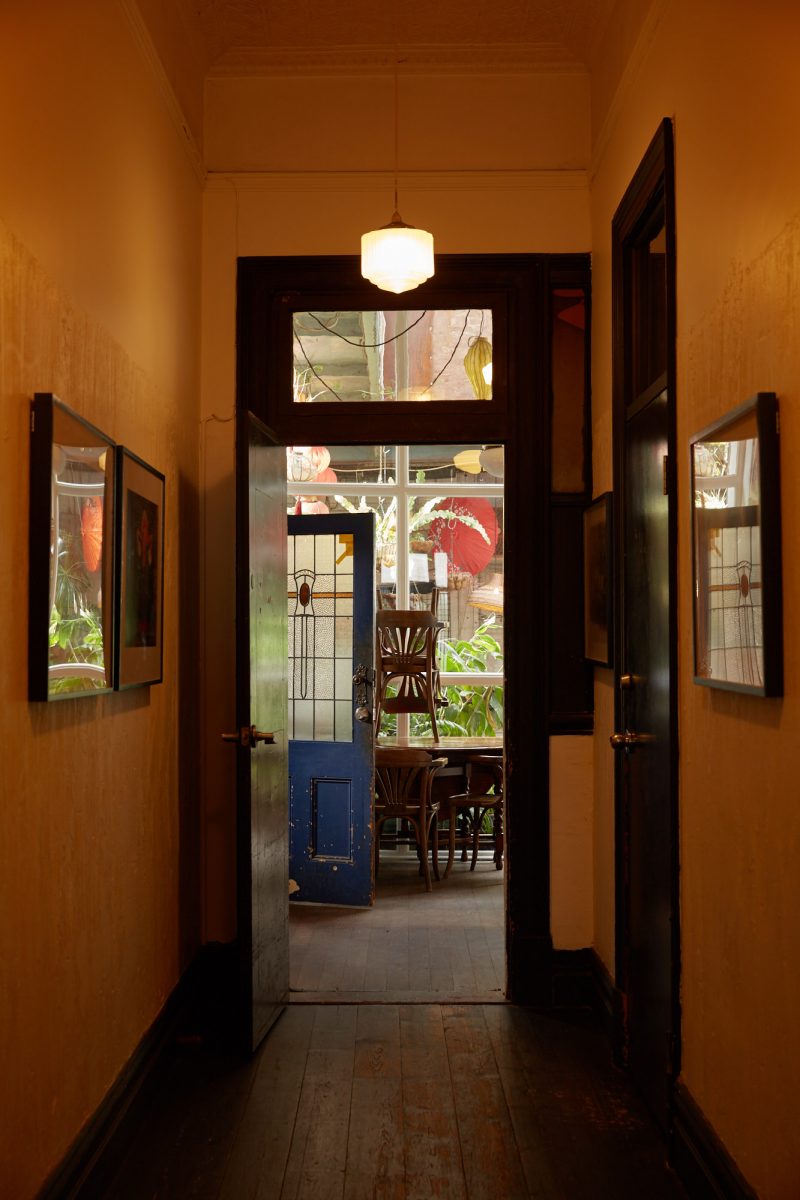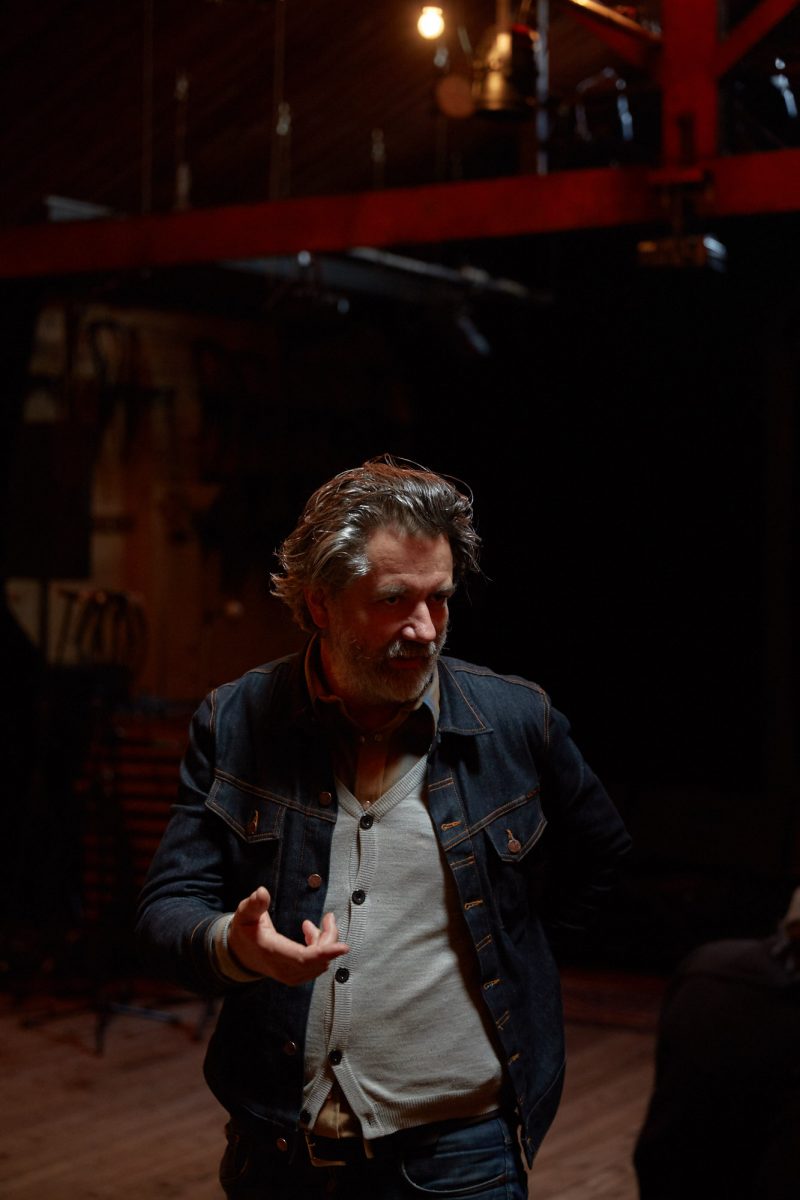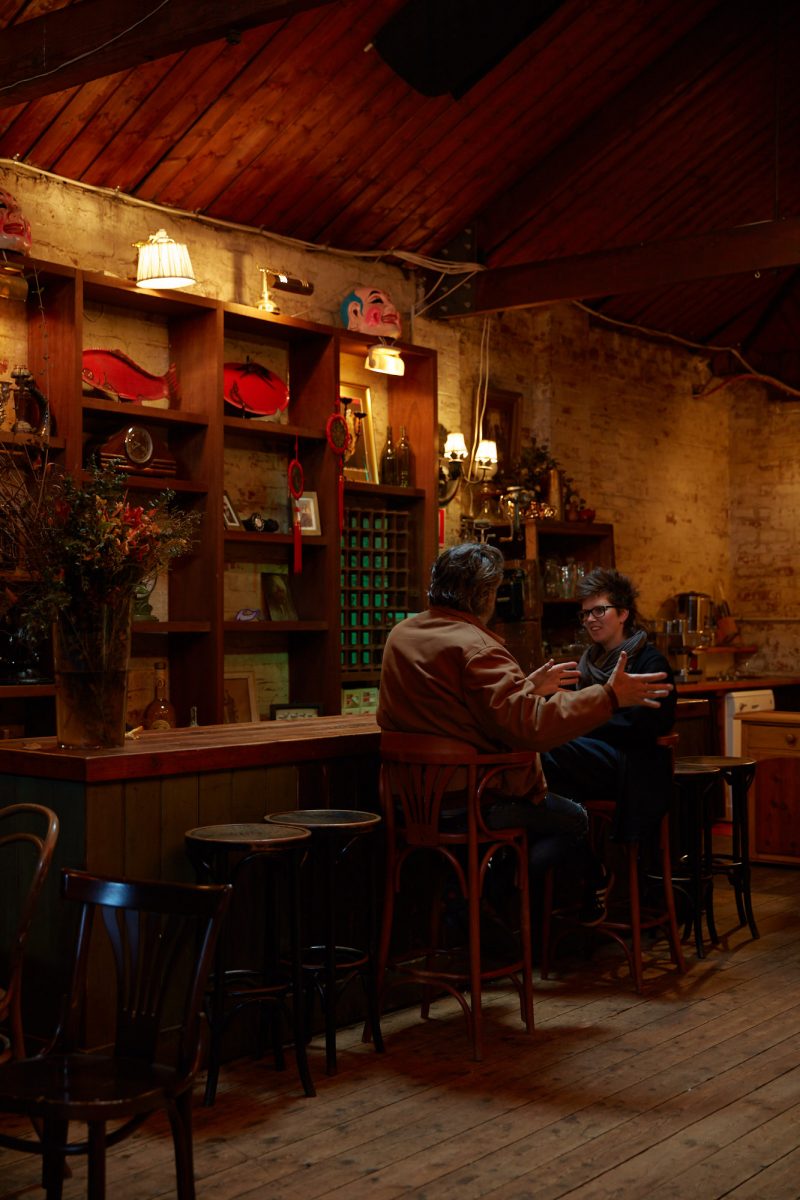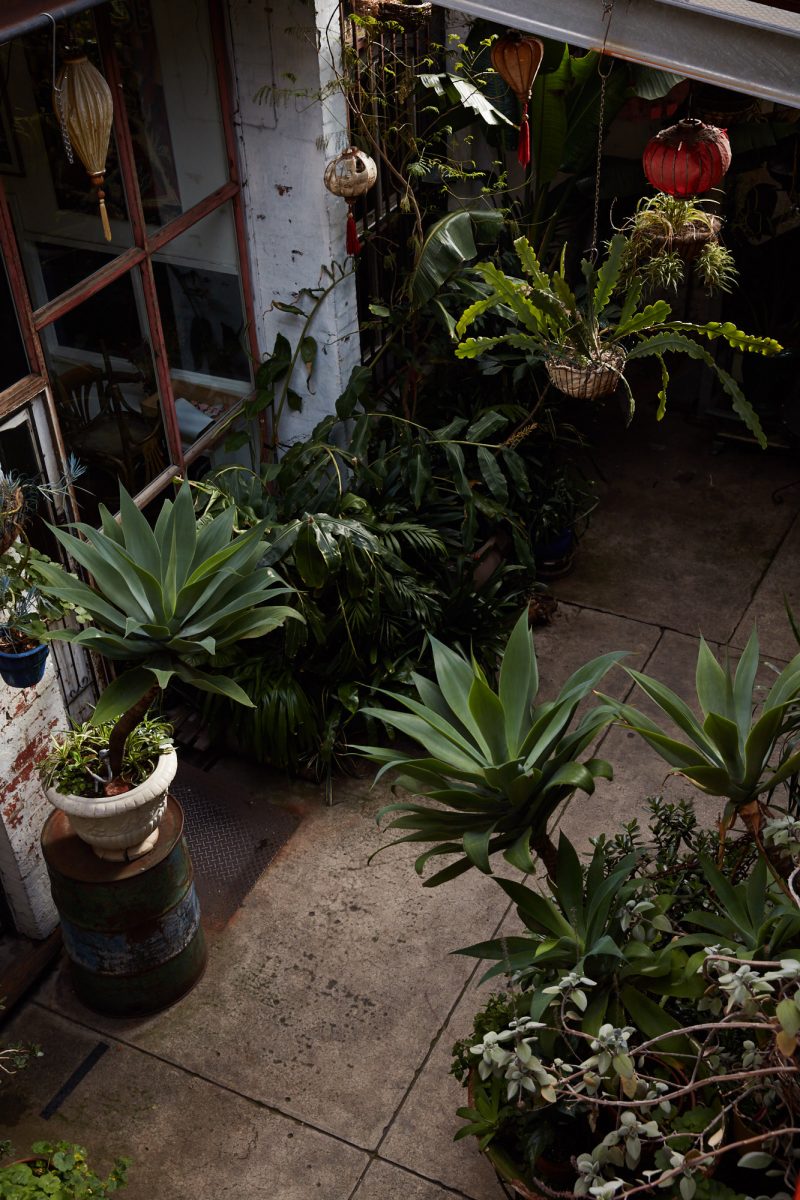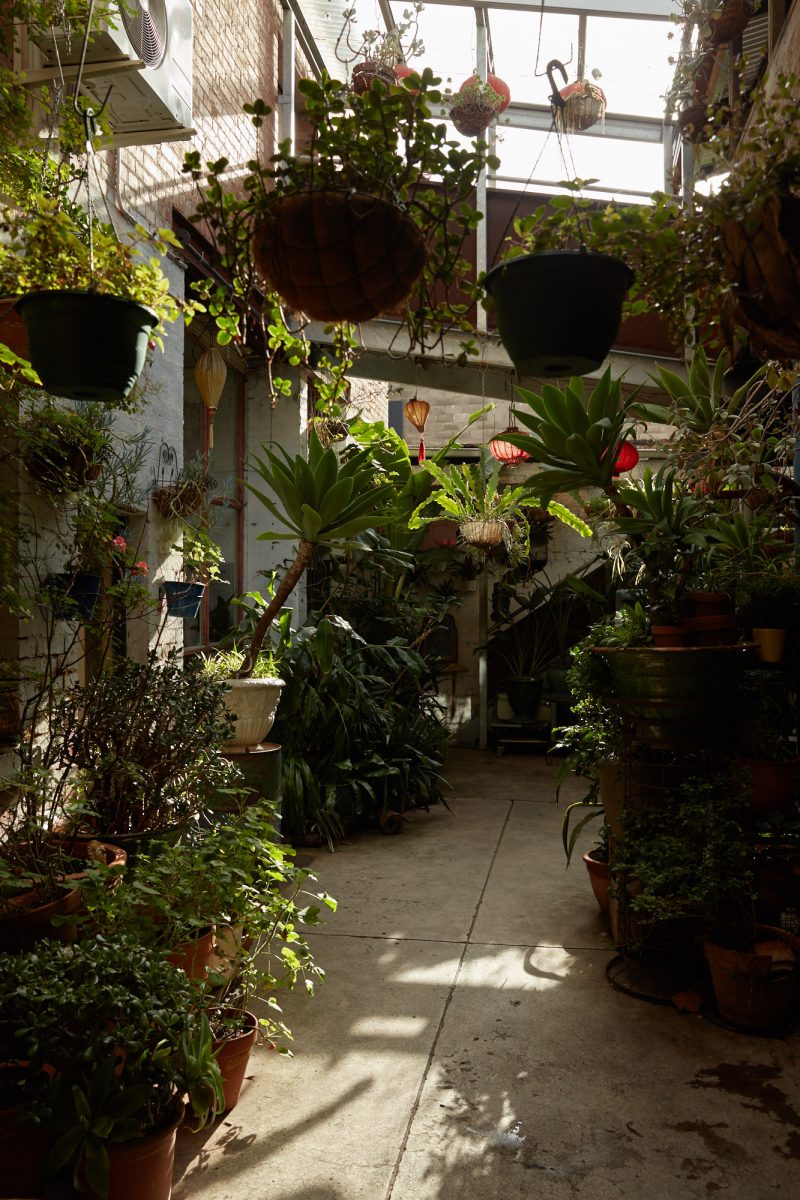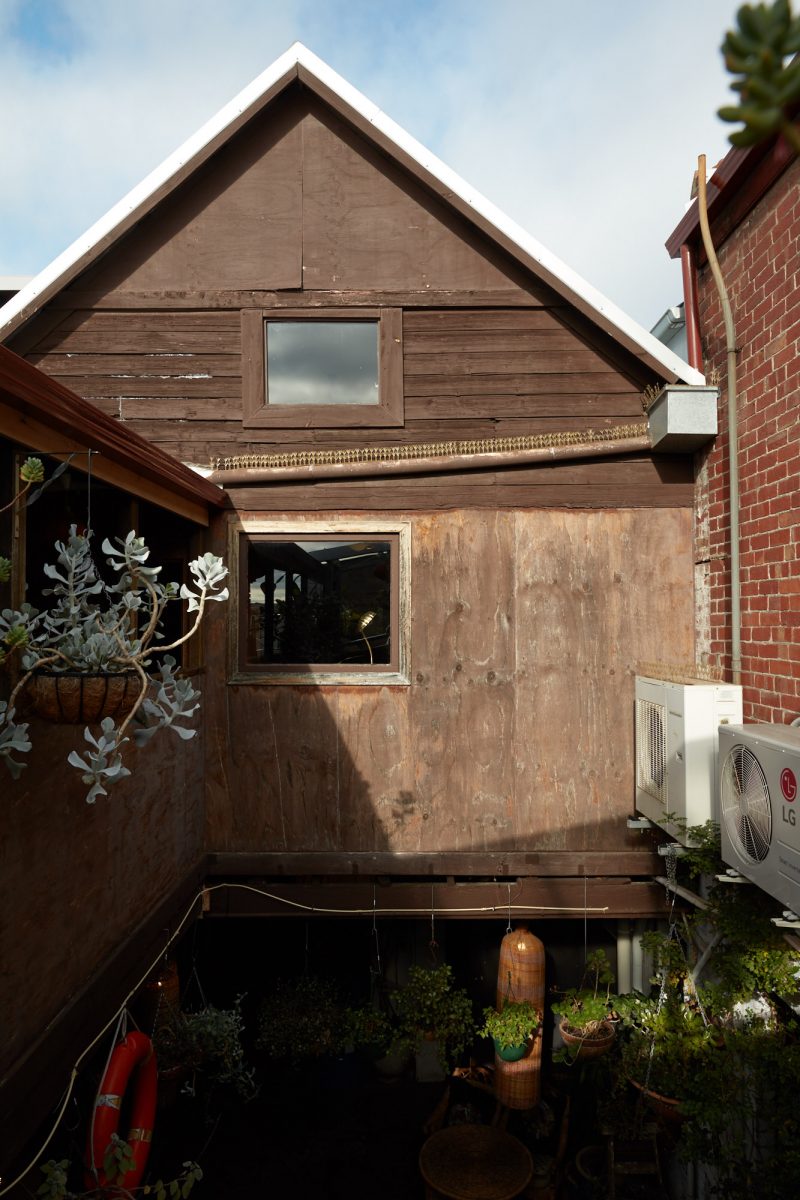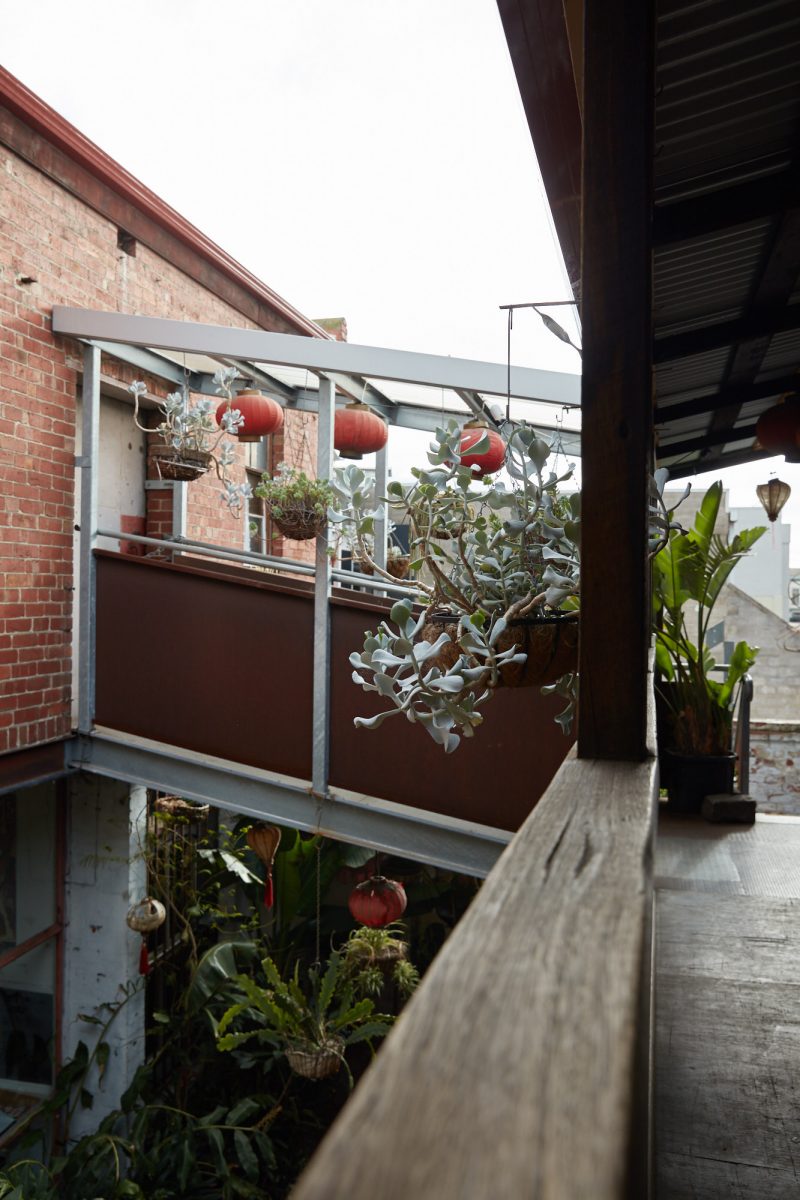Bakehouse Studios say that culture is what we do when we’re really living
When Quincy McLean and his partner Helen Marcou opened a three-room rehearsal studio in the inner Melbourne suburb of Fitzroy in 1991, they could not have known that they were starting what would become one of the most loved and significant spaces in Melbourne’s artistic community. Intended to service the bands Quincy played in, they did not think that, nearly 30 years later, more than 400 musicians would practice at Bakehouse Studios each week, nor that it would become commonplace for the likes of Ed Sheeran, Cat Power, Archie Roach or Adalita to rehearse in a room next to a local band having its first hit out.
They certainly did not imagine being the drivers of political change, a role that they took on in 2010, when live music venues across Melbourne were under threat from excessive compliance requirements – work which continues today and has expanded for Helen, in particular. Bakehouse is a labour of more than 30 years of love and care for Melbourne’s cultural communities; of a deep understanding of what makes people tick, underscored by generosity. This has led to the creation of a dream-like space where people feel welcome to come and create. Yet despite the importance of the space, Bakehouse is becoming increasingly vulnerable to the twin forces of gentrification: increasing noise complaints and rising rents.
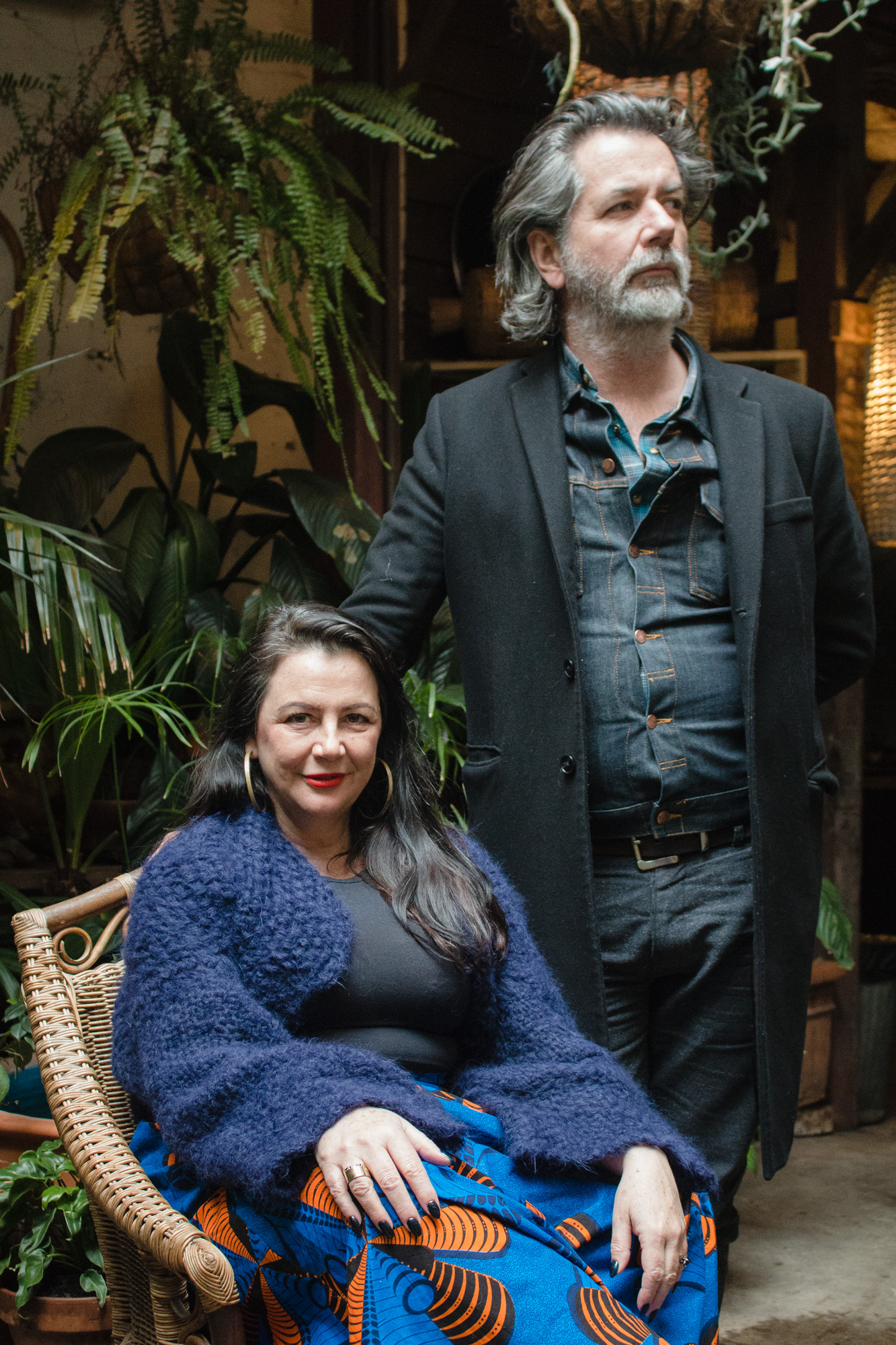
“Culture should come first, because culture is what we do when we’re really living,” says McLean. “We’ve seen, with places like Docklands, what happens when people don’t have access to cultural activities – no one wants to live there. They become corporate dormitories. Culture is an integral part of what humans do. Work is basic survival, and once you go beyond that, it’s culture: whether it’s footy, punk, classical music or something else.”
Anyone who has seen a live music performance in Australia, or bought a record by a local artist in the last 20 years, is likely to be experiencing the product of a Bakehouse Studios rehearsal session. Bakehouse has been at its current site in Hoddle Street in Richmond since 1998, just a few kilometres from the original studio in Fitzroy. The building itself is filled with history and the facade is subject to a heritage overlay – Helen likes to say that it tells the story of Australian immigration. Originally owned by an Anglo-Irish family and used as a furniture carrier, in the mid-twentieth century it was sold to a Jewish family who worked in the rag trade. Around ten years ago, it was put on the market. McLean and Marcou could not afford to buy it, and it was sold (“for a ridiculously low sum”) to a Vietnamese consortium.
“It could close, and every day that is on our minds,” says Marcou. “It could close if we don’t have enough people coming through to pay the rent, or because one part of the building isn’t fully soundproof. We could get a barrage of new complaints – anything could change.”
Their anxiety is shared by other small operators who work in cultural industries, such as record stores and performance venues. Land value in Melbourne is increasing much faster than the incomes generated in these circles, a gap which is exacerbated by the amount of unpaid work expected of workers in creative communities. The rent at Bakehouse has increased 400 percent over the last 10 years, but McLean and Marcou cannot pass those increases onto their clients. “We’re conscious of the remuneration of artists and the fact they live on so little, so we have pretty cheap rates,” says Marcou. “Bakehouse has never been a money spinner. It can’t be.”
Halfway through each lease since 1998, Bakehouse’s landlord has tried to raise the rent. “In the most recent discussion I had with the owners, they said to us, ‘Well, you’re just tenants. You’re not going to be here forever’,” McLean says. “We stood our ground. The rent still went up, just not as much as they wanted it to.”
Bakehouse is instantaneously appealing: walking inside feels like entering another world. Both inside and outside are carefully selected bits of ‘junk’ that Marcou and McLean have rescued from hard rubbish, op-shops, or are looking after indefinitely for people they know – such as a grand piano in the sprawling rehearsal room upstairs, known as ‘The Scrap Museum.’ There are also remnants from past uses of the building, such as the pile of old belt buckles that have survived from its rag-trading days. “Old stuff has character,” says McLean. “When people rent a room, they want to feel like it’s theirs. If it’s too sterile and stiff, it feels like it belongs to someone else and you’re just borrowing it. But if you can kick back and not worry about denting something, you feel like it’s yours. The dent just adds to the character.”
Each rehearsal room has been curated by a visual artist, making each space feel unique and fostering a genuine relationship between artistic communities. Patricia Piccinini, Mick Turner and Will and Garrett Huxley are just a few of the visual artists who have curated spaces in Bakehouse, and had their works displayed on the giant poster spaces on the building’s facade. Over the years, Bakehouse has worked with groups ranging from the Melbourne Symphony Orchestra to the immersive theatre group The Boon Companions, and even local fashion designers.
Being deeply embedded in Melbourne’s music and art communities, Marcou and McLean unexpectedly found themselves in prime position to advocate for live music when it came under threat in 2010. It was an election year, and the Victorian Government had just brought in a set of ad hoc regulations attempting to address a rise in violence around nightclubs. The new laws deemed a venue ‘high risk’ if it served alcohol and played live music: ‘high risk’ venues would have to employ security for two hours prior and after the gig had finished.
“The problem was that all venues were being treated the same – whether it was a live music venue, a gambling place, strip club – they were all being lumped in together,” says Helen. For most music venues, including cafes and cultural clubs that played traditional music, the cost of compliance grew so much that they were facing the choice between closing or abandoning live music offerings. Then, in January 2010, The Tote Hotel announced it would close: new safety costs made the venue unviable.
McLean describes The Tote as a “club for musicians,” while Paul Kelly has referred to it as a “university,” where musicians learn their craft. The venue is often seen as a great leveler – everyone is there for the music, and to experience the shared energy of a live performance, regardless of how accomplished the bands are on the lineup. Influential Australian rock bands including The Birthday Party, The Cosmic Psychos, The Drones and Underground Lovers all played their formative shows at The Tote. Marcou and McLean felt compelled to act.
“For us to take on this role was totally unexpected because a) we didn’t have live music [at Bakehouse] and b) we don’t serve alcohol,” says McLean. However, adds Marcou, “having that physical space of Bakehouse bringing us into contact with so many musicians… after a while, you grow your community around you. Through Bakehouse, we [also] had that secondary connection with industry: managers, and ancillary people like publicists.”
In four weeks, Marcou and McLean, along with a group of dedicated helpers, organised the SLAM (Save Live Australia’s Music) rally, which saw 20,000 people march through the Melbourne CBD in protest against the new regulations. It was described by the Australian media as the largest cultural protest in Australia’s history. It was an election year, and the Labor government responded to the unexpected public pressure very quickly. Marcou admits to being totally naive about what was to come: “Once we had the rally I thought, ‘Great, we’ve done it!’ Little did I know that it was only the beginning.”
What followed was a seven-month process to create the Live Music Accord, an agreement between SLAM, Fair Go 4 Live Music and Music Victoria, to get the state government to agree that live music does not cause violence. The work is ongoing, and for Marcou it has moved into new spaces. She now sits on the Victorian Live Music Roundtable, and is part of a state government taskforce aimed at eliminating sexual harassment in live music venues, which has resulted in a pilot program that launched in early 2018.
Ultimately, McLean would like to see planning recognize music spaces, with “some sort of cultural heritage acknowledgement or protection for living communities.” They also wonder what would happen if one day something threatened the future of Bakehouse. Helen is skeptical. “I think people see us as a commercial venture, even though we don’t really make any money out of it,” she says. “I don’t think there’d be as much empathy or community uproar as you might think.
“People are also fatigued from trying to save everything, and watching the gentrification of the inner city. There are only so many blows you can have. We’d run a shit-hot campaign, but probably not as good as we’d do for someone else!”
Thank you, Helen and Quincy, for generously sharing your stories with us here, and for your tireless work supporting Melbourne’s creative communities. You can find out more about Bakehouse Studios, and Helen and Quincy here. All photos by Tom Ross, except where stated otherwise.
